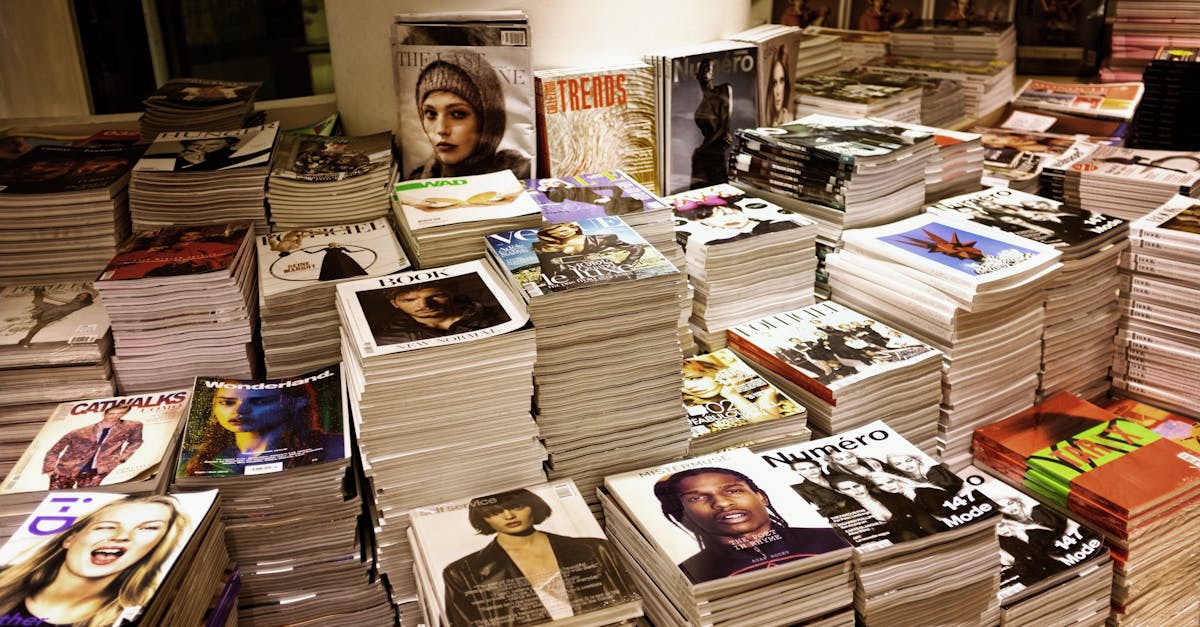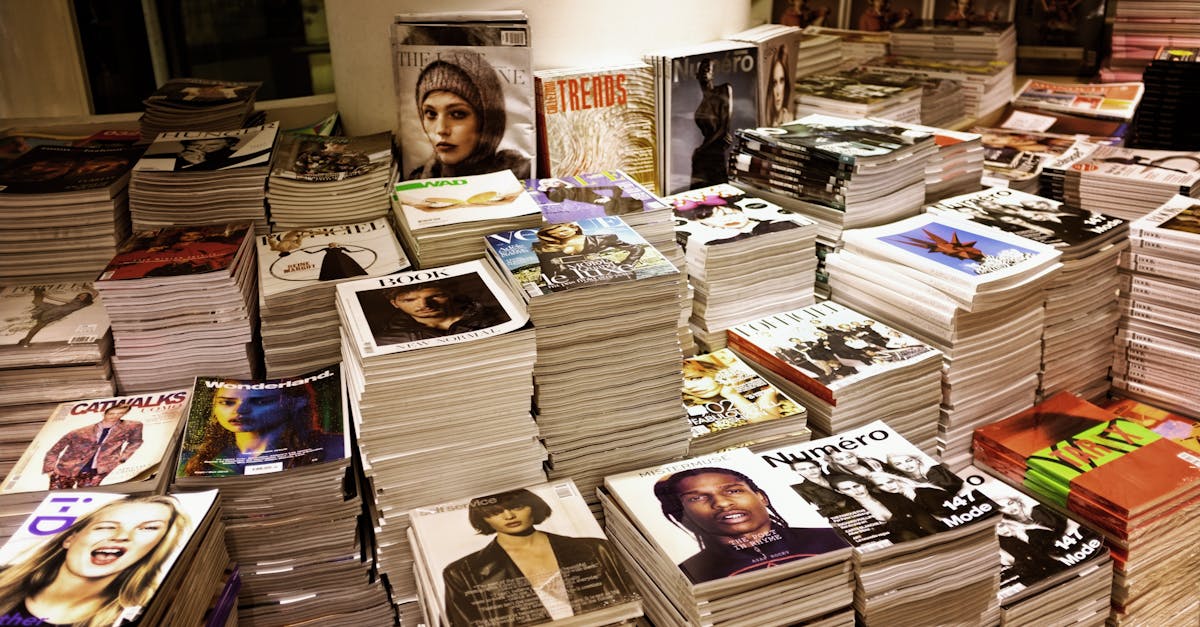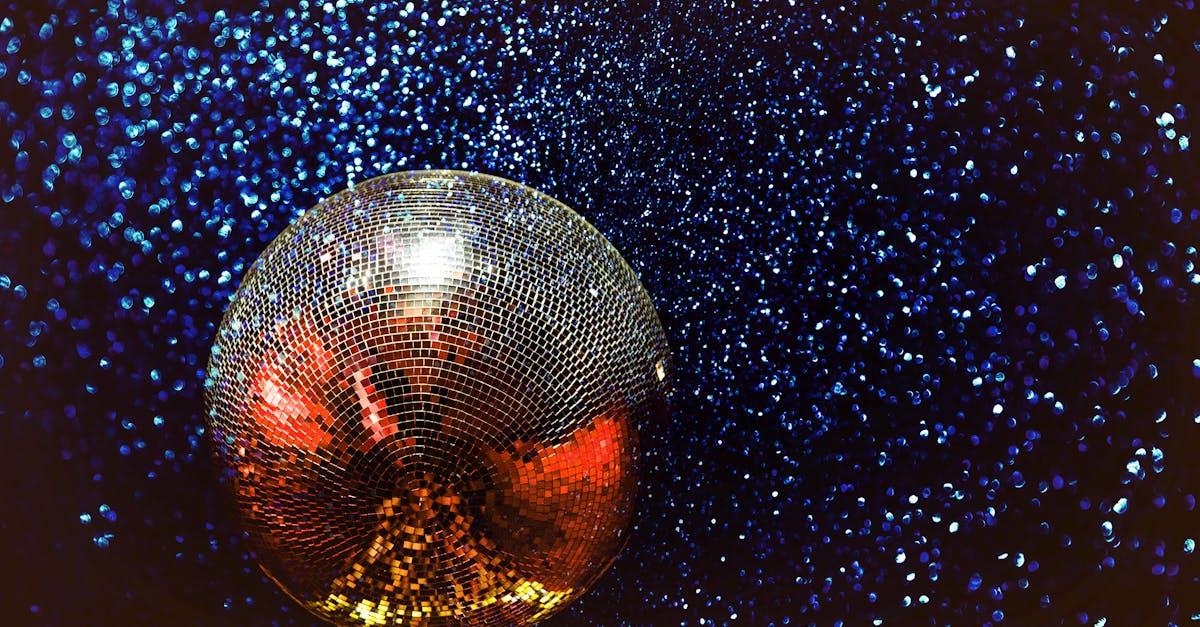The Impact of Reality TV on Modern Culture
Introduction
Reality television has become a significant part of modern media culture, with countless shows available at the touch of a button. This genre blurs the lines between fact and fiction, influencing societal norms and personal behaviors. Understanding its impact on contemporary society offers a glimpse into how media shapes identity and culture.
Advertisement
Evolution of Reality TV
The roots of reality television can be traced back to the late 20th century with shows like "The Real World." Over the years, the genre has expanded to include a wide range of formats, from talent competitions like "American Idol" to experiential shows like "Survivor." This evolution highlights the changing tastes of audiences and the industry's response to viewer demand.
Advertisement
Entertainment and Escapism
For many viewers, reality TV serves as a source of entertainment and escapism. Unlike scripted dramas, reality shows offer real-life scenarios that are often relatable or satisfy viewers' curiosity. This has led to widespread popularity, allowing audiences to immerse themselves in the lives of others, albeit edited for dramatic effect.
Advertisement
Perception of Reality
Critics argue that reality TV often distorts perceptions of reality. The selective editing and production influences can create misleading narratives, affecting how viewers perceive real-life situations. This can mold inaccurate expectations about relationships, career success, and lifestyle—all critical aspects of personal development.
Advertisement
Societal Trends and Norms
Reality shows have a powerful role in setting societal trends and norms. Shows like "Keeping Up with the Kardashians" have popularized particular fashion trends, lifestyles, and even language. This influence demonstrates how deeply reality TV is interwoven with cultural shifts and consumer habits.
Advertisement
Impacts on Behavior
Reality TV can impact viewers’ behaviors, sometimes reinforcing negative stereotypes or behavior. Programs showcasing confrontational or dramatic interactions can normalize aggression or conflict as acceptable in personal relationships. This influence may extend to young audiences who are naively impressionable.
Advertisement
Diverse Representation
On a positive note, reality TV contributes to diverse representation. Shows like "Rupaul's Drag Race" have provided platforms for marginalized communities, showcasing varied identities and life experiences. This representation is crucial for social acceptance and understanding within mainstream society.
Advertisement
Socioeconomic Influence
Many reality shows paint a glamorous narrative of wealth and success that can impact socioeconomic perspectives. Programs like "Million Dollar Listing" portray lavish lifestyles, which can skew viewers' understanding of success and financial management. This influence can create unrealistic financial aspirations.
Advertisement
Psychological Effects
Engagement with reality TV can have psychological effects, particularly concerning body image and self-esteem. Exposure to ideals of beauty and lifestyle can result in comparisons and self-evaluation, affecting self-worth. While captivating, it's important for viewers to maintain a healthy perspective.
Advertisement
Conclusion
In conclusion, reality TV has become more than just a form of entertainment; it is a significant influencer in modern society. Its effects range from altering social norms to shaping individual behaviors and perceptions. As consumers, mindfulness about media consumption is essential to navigate the nuanced landscape of reality television.
Advertisement


